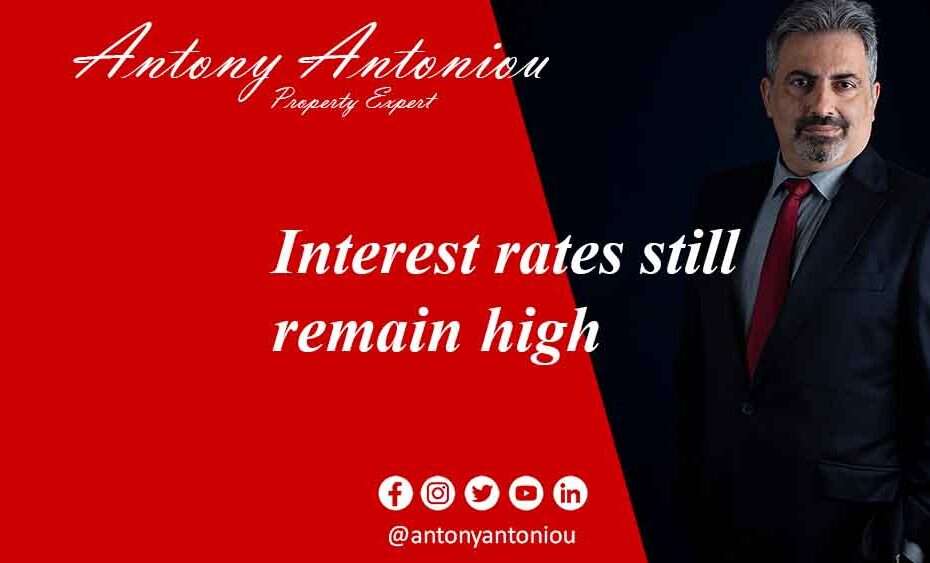Interest rates still remain high
The Bank of England missed yet another opportunity to begin reducing interest rates. I believe that they should have started coming down months ago. Despite the fact that some of you disagree, I believe that higher interest rates were the wrong treatment for the wrong diagnosis because this was not consumer-led inflation. The last year or two has been simply cost-push inflation, that is, inflationary pressures beyond our shores like the war in Ukraine, the cost of oil, the cost of food—matters that were totally out of our control. Punishing British mortgage payers in no way had anything to do with inflation falling.
I expected the inflation rate to hit the normal rate by April-May this year. I said that in September-October of last year. Here we are in June before we got to 2%, so not far off. We’ll have to see what happens now because if the Bank of England do not begin cutting rates soon, then we may overshoot the target and before we know it, we could be hurtling towards contraction, which could be economically catastrophic.
Even though Andrew Bailey and his behaviour as head of the Bank of England contributed to our recent financial crisis being far worse than it need be, that of course does not take away the fact that Liz Truss in her famous budget (or in Kwasi Kwarteng’s famous budget) were not just cavalier but were basically reckless in announcing so many cuts so quickly. It literally did nothing to sustain confidence in our economy and our leadership.
But that does not take away the fact that on the night before the budget, Andrew Bailey was selling bonds and undermining the government at the time. If Liz Truss had more about her, perhaps she should have stood her ground and sacked Andrew Bailey then because he undermined the economy. He was too late to act initially with interest rates, he has been too slow to reduce interest rates, and experts actually believe that raising rates so many times so quickly without waiting to see the result may have actually contributed not just to inflation gaining momentum but certainly towards the speed at which inflation began to fall. As borrowing costs for businesses began to increase, those costs may have been passed on and may have contributed to inflation, and inflation may have fallen faster had interest rates not gone up so much or if they began to fall sooner.
What does this mean for the housing market? Well, for borrowers it’s not very good news. Because unless something drastic happens, i.e. they overshoot their target and they’re forced to cut interest rates dramatically to resuscitate the economy, we might only see one or two cuts by the end of the year. Who knows? Unfortunately, there are more and more mortgage borrowers in arrears every month and there are currently 500,000 businesses teetering on the edge. Most of this, I would say, is on the shoulders of Andrew Bailey and as I said before, he should have been sacked long ago.
That’s all for now.

